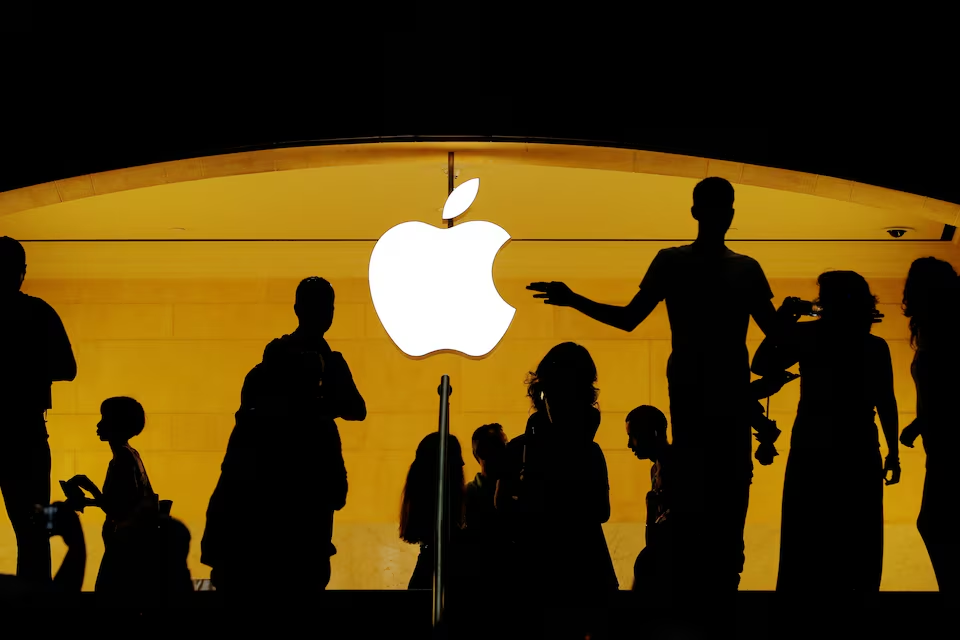On May 1, 2025, Apple Inc. reported fiscal second-quarter results that slightly exceeded Wall Street expectations, with revenues of $95.36 billion and earnings of $1.65 per share. iPhone sales reached $46.84 billion, driven by strong demand for the $599 iPhone 16e model, which features Apple’s first custom modem chip. The global iPhone installed base achieved a new high.
Despite these positive results, Apple’s shares declined by 2.4% in after-hours trading, contributing to a 15% year-to-date drop, amid investor concerns over potential U.S. tariffs on electronics. The Trump administration has indicated that new levies could be introduced in the coming weeks, posing risks to Apple’s China-centric supply chain.
While the results were better than analysts had expected, investors are focused on how tariff concerns will play out in the coming quarter. Apple executives will give forecast information on a conference call with investors starting at 5 p.m. EDT.
To mitigate potential tariff impacts, Apple plans to shift some iPhone production to India and distribute tariff costs across its supply chain. However, analysts express concerns about execution timelines, capacity constraints, and possible cost increases that could affect profit margins or be passed on to consumers.
The Trump administration has so far spared electronics from tariffs, but Washington has signaled that some levies could come in the weeks ahead. The uncertainty has sent shares of Apple, which makes 90% of its products in China, down about 15% this year, wiping off more than $600 billion from its market value.
In other segments, Apple’s services revenue was $26.65 billion, slightly below expectations, though the company now boasts over 1 billion paid subscriptions. Accessories and wearables generated $7.52 billion, while iPad and Mac sales were $6.40 billion and $7.95 billion, respectively. Apple also announced a 4% increase in its dividend to 26 cents per share and authorized an additional $100 billion for stock buybacks. Notably, Microsoft has surpassed Apple in market valuation, reaching $3.2 trillion.
Apple will try to mitigate tariffs by shifting production of U.S.-bound Iphones, Reuters has reported. Analysts expect the company to spread some of the tariff costs through its supply chain, while keeping price increases to a minimum to avoid losing market share at a time when it faces fierce competition and has experienced delays in rolling out key artificial-intelligence features such as improvements to its Siri voice assistant.
Source: Reuters



